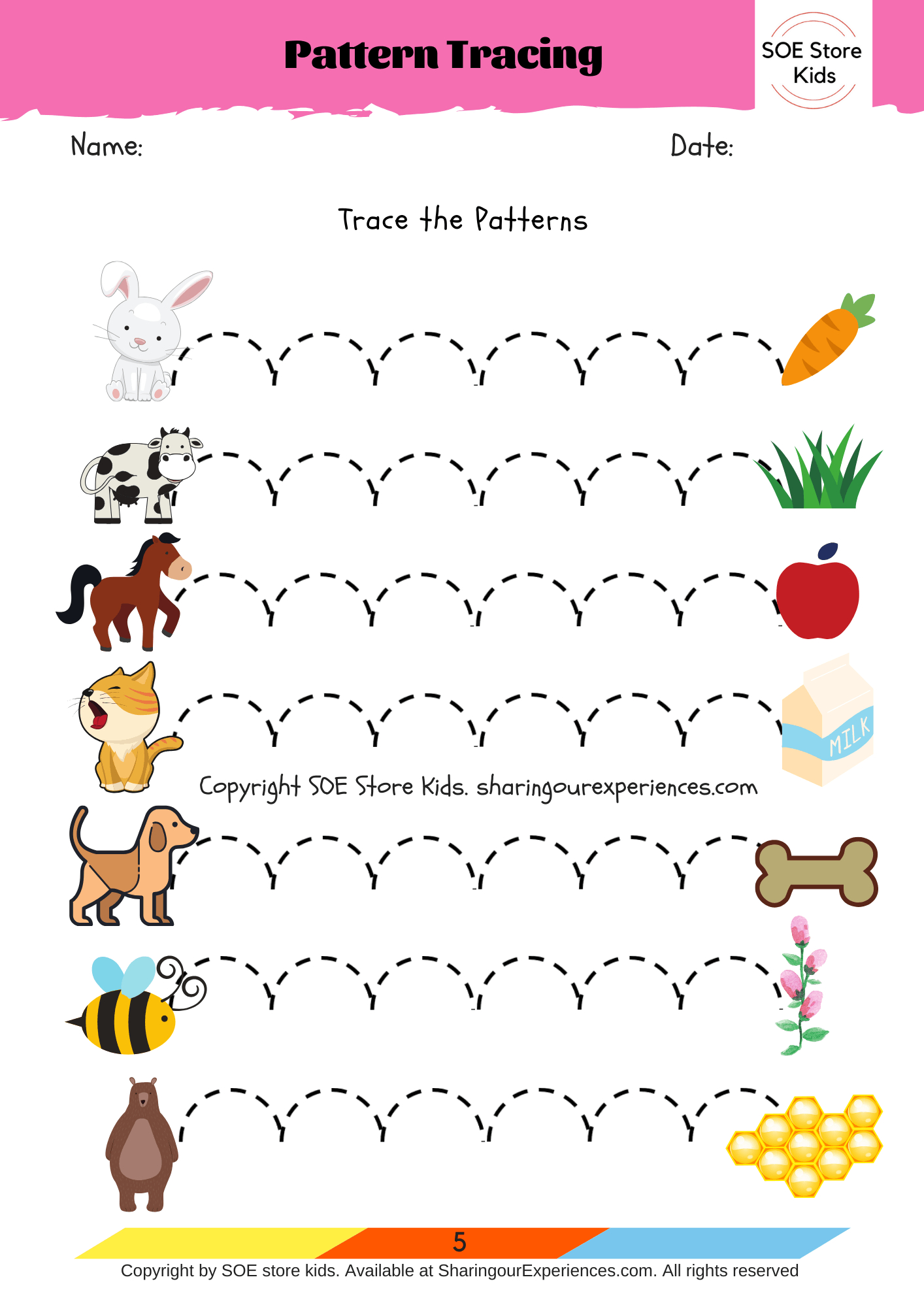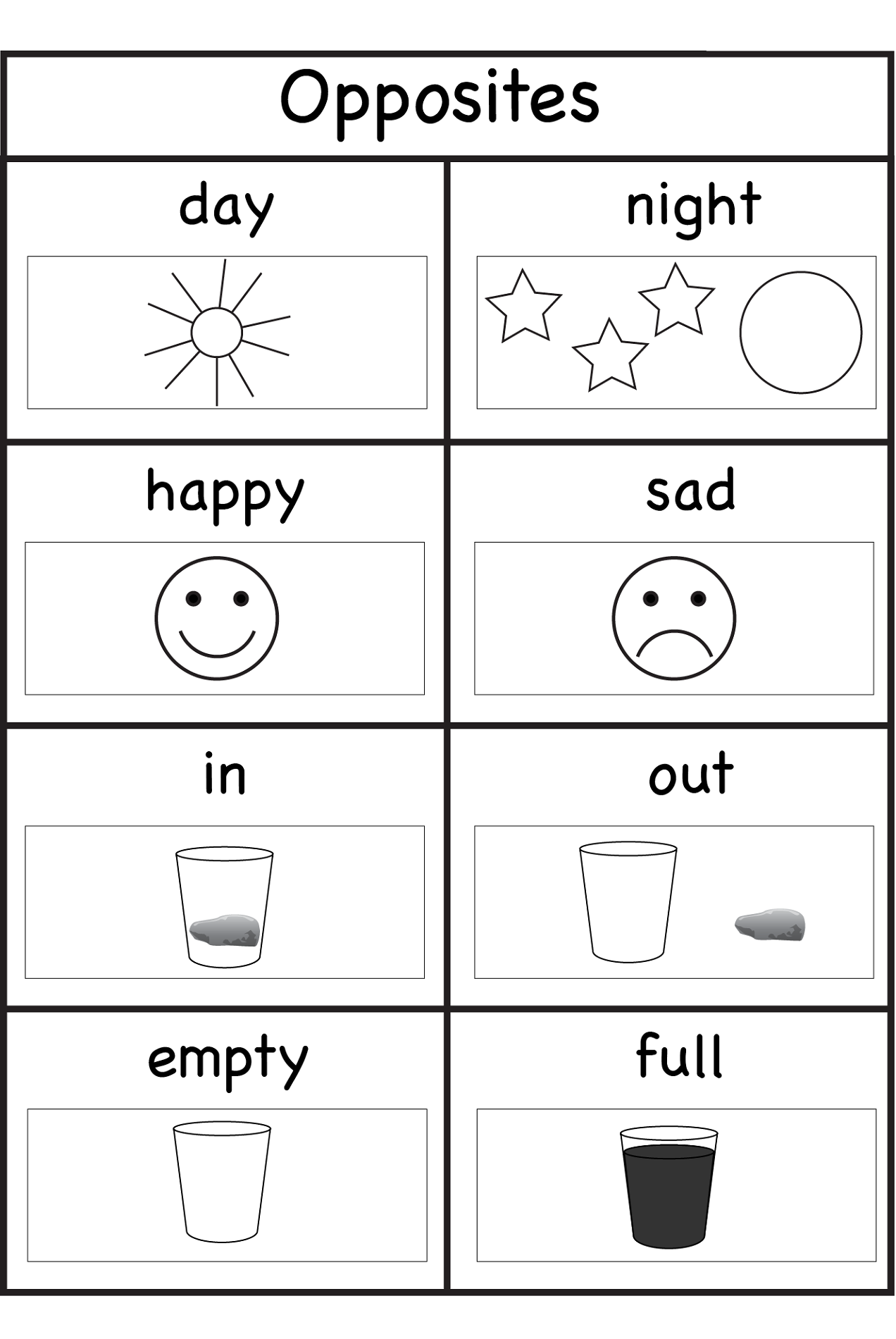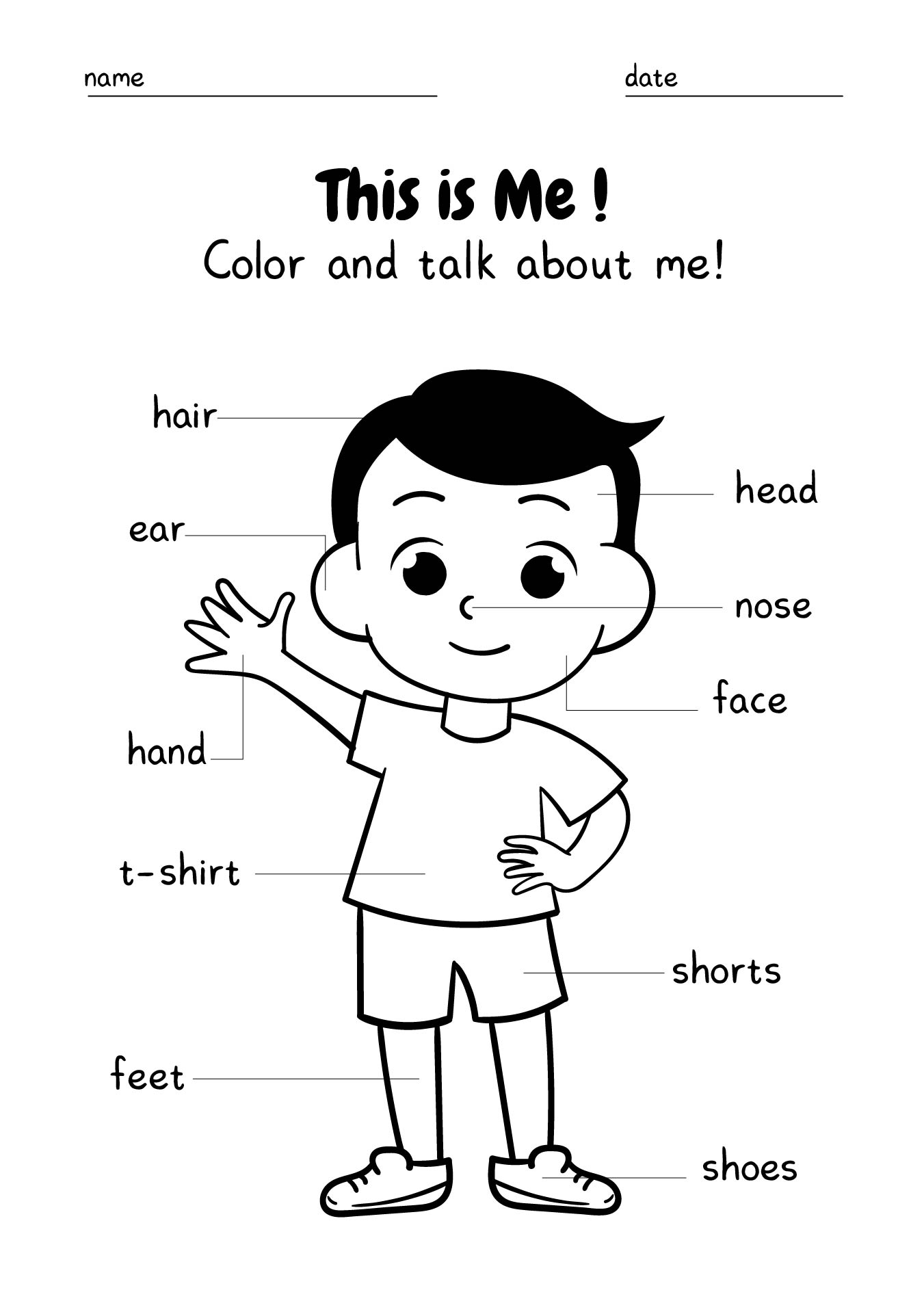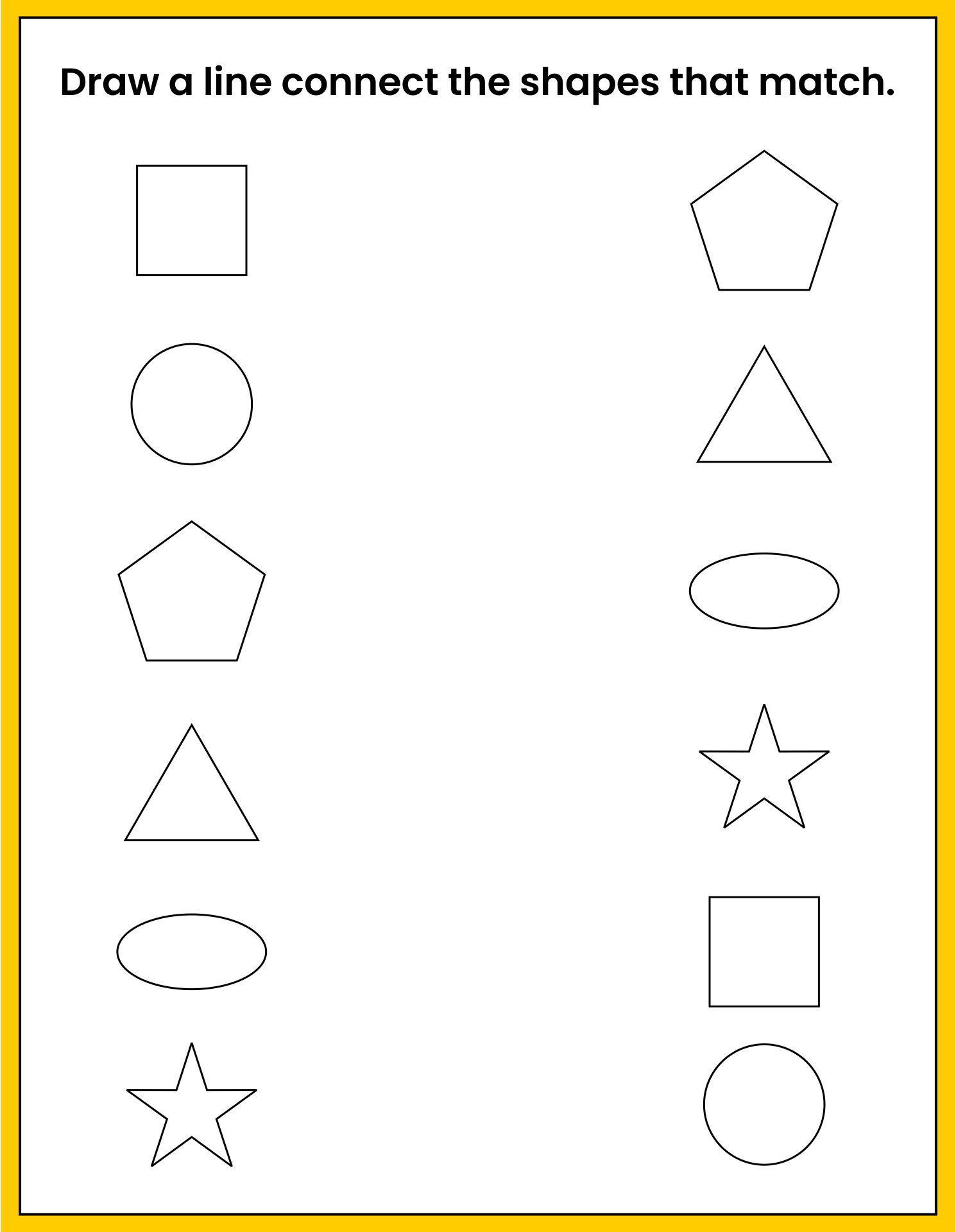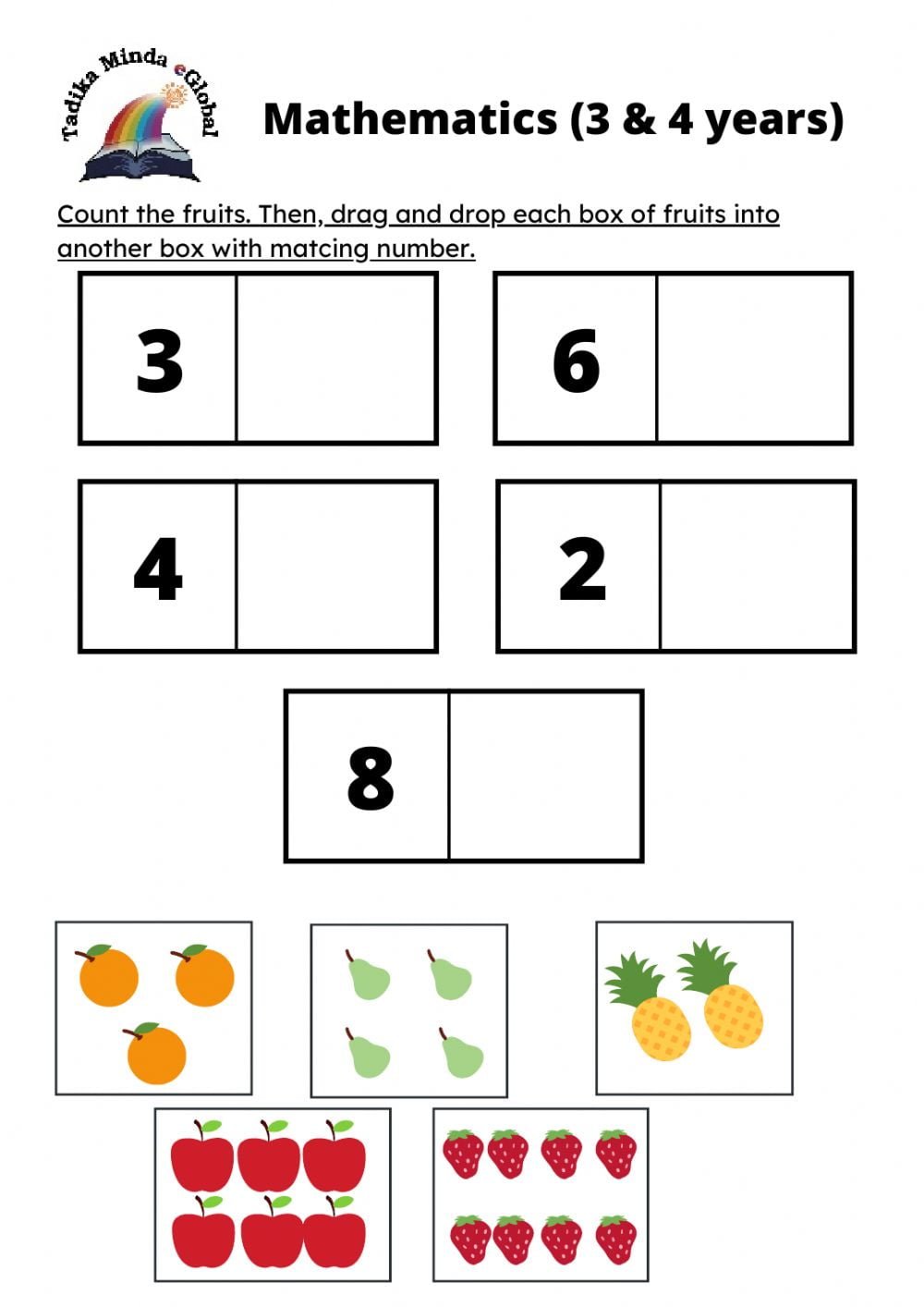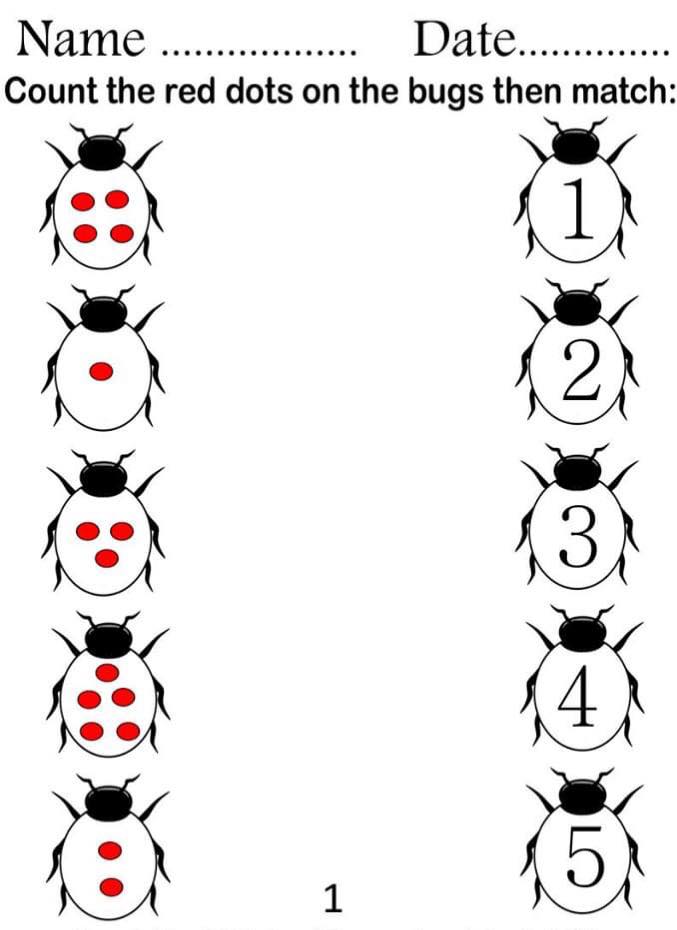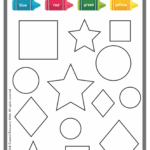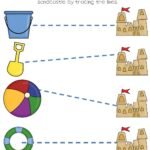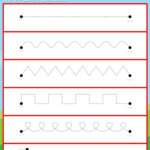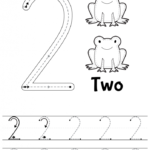Worksheets For 3 Year Olds
What Are Worksheets?
Worksheets are educational tools that help children practice and develop skills through various activities and exercises. They are typically in the form of paper or digital documents that contain tasks, questions, and exercises for children to complete.
Why Are Worksheets Important for 3 Year Olds?
Worksheets for 3 year olds are designed to introduce and reinforce basic concepts and skills that are crucial for their early development. These worksheets provide opportunities for children to learn and practice skills such as counting, identifying shapes, recognizing letters and numbers, and improving fine motor skills.
Types of Worksheets for 3 Year Olds
There are various types of worksheets available for 3 year olds, including:
1. Counting Worksheets
Counting worksheets help children learn and practice counting from 1 to 10 or higher. They include activities such as circling the correct number of objects, connecting dots to form numbers, and filling in missing numbers in a sequence.
2. Shapes Worksheets
Shapes worksheets introduce children to basic shapes such as circles, squares, triangles, and rectangles. Children learn to identify and match shapes, trace shapes, and draw shapes.
3. Alphabet Worksheets
Alphabet worksheets focus on letter recognition and formation. Children learn to identify uppercase and lowercase letters, trace letters, and practice writing them.
4. Number Worksheets
Number worksheets help children recognize and write numbers. They include activities such as counting objects and matching them with the correct number, tracing numbers, and filling in missing numbers.
5. Fine Motor Skills Worksheets
Fine motor skills worksheets aim to improve hand-eye coordination and fine motor skills. Activities include tracing lines and shapes, cutting and pasting, and coloring.
Benefits of Using Worksheets for 3 Year Olds
Using worksheets for 3 year olds offers several advantages:
1. Engagement: Worksheets provide interactive and hands-on activities that keep children engaged in the learning process.
2. Skill Development: Worksheets target specific skills, helping children develop and reinforce them effectively.
3. Independence: Worksheets encourage independent learning, allowing children to work at their own pace and build confidence.
4. Repetition: Worksheets offer repetitive practice, which aids in skill mastery and memory retention.
5. Structured Learning: Worksheets provide a structured approach to learning, introducing concepts gradually and building upon previous knowledge.
Conclusion
Worksheets for 3 year olds play a crucial role in early childhood education. They provide a fun and interactive way for children to learn and practice essential skills. By incorporating various types of worksheets, parents and educators can effectively support a child’s development in areas such as counting, shapes, alphabet, numbers, and fine motor skills.
Tracing Worksheet For 3 Year Olds
Worksheets For Three Years Old
Free Printable Worksheets For 3 Year Olds 40A
Printable Activities For 3 Year Olds Pdf
Preschool Printable Worksheets For 3 Year Olds
Tracing Lines Worksheets For 3 Year Olds
For 3 Year Olds Worksheets
Tracing Worksheets For 3 Year Olds
Activities For 3 Year Olds Printable
